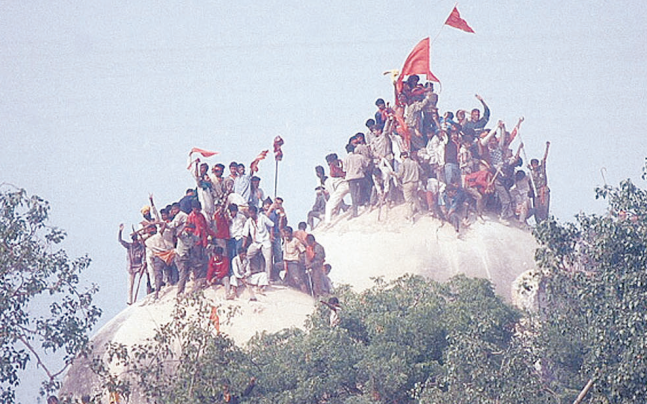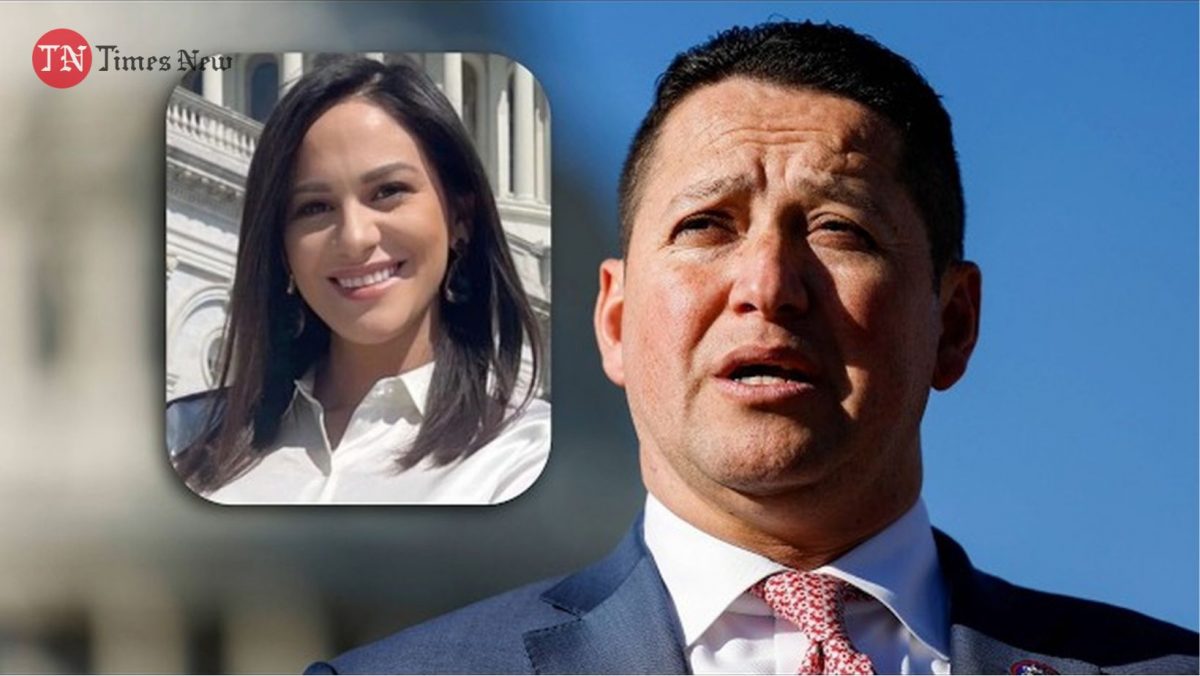
Around twenty-five year before, on this day (that is ‘on December six’), India, the national which is popular for its rich secular values, witnessed a different social experiment, the experiment that helped the extreme rightist Hindu nationalist forces reassure themselves that there is a place for their ideologies in the land.
On December six, 1992, when the senseless rightist criminals smashed the Babri Masjid, none of them, except few who conceptualised the violent act, was aware that their blows actually fell on the country’s secularism, not on the concrete building which was erected by a commander of Muslim Emperor Babur.
In the aftermaths of the demolition, the country witnessed communal violence. Thousands of innocent peoples were killed in the violence.
Some elements got huge political advantages through this incident. Some are still getting it. Others are putting salt in the wound to make it ready for a future benefit.
Today, the leftist parties and some Muslim organisations observer the day as ‘Black Day’, reminding the people the depth of the injury inflicted by the rightist criminals on our country.
Meanwhile, the congress observes it as secularism day, highlighting the need to protect and reestablish the secular framework and establishment we lost due to the demolition.
Unsurprisingly, those organisations which led the demolition act celebrate it as ‘Victory Day’, showcasing the achievements they obtained through the act.
When will the country indentify the politics behind the act? And, when will our citizens get courage to discourage all activities aimed at disturbing the precious secular framework our nation has been gifted with?
Vignesh. S. G
Photo Courtesy: Google/ images are subject to copyright










